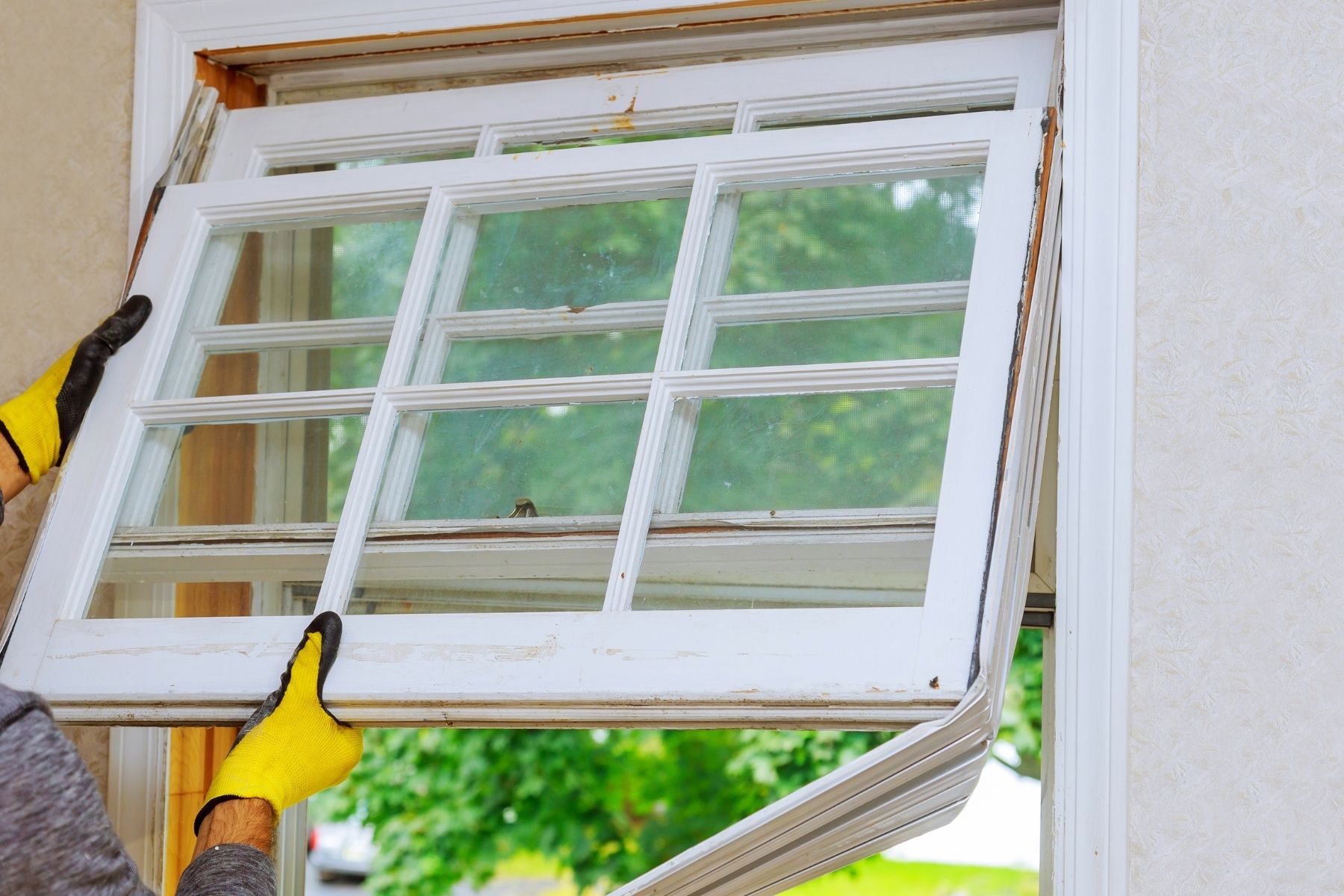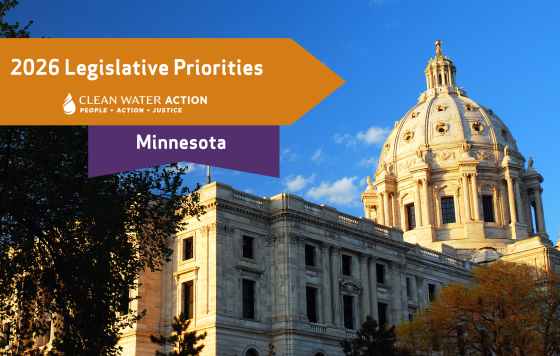
Last week the MA Energy Efficiency Advisory Council* voted on the resolution for its 2022-2024 plan. The final resolution reiterates the Council’s priorities, including greenhouse emission reductions, investments in workforce development, and equity. Now, we need the Department of Public Utilities to prioritize energy and climate justice and vote for an equitable energy efficiency program for our State.
Access to energy efficiency programs is a matter of public concern; in the US, it is estimated that on average, 52.2% of Black or African American households and 45% of Hispanic/Latino households struggle to afford electricity, cooking gas, and heating oil**. We cannot transition to clean energy before addressing this equity crisis. This summer, Clean Water Action and the Green Justice Coalition delivered a letter from more than 25 officials from municipalities across Massachusetts demanding equity and transparency in the next three-year plan. In addition, the Green Justice Coalition delivered a partners and allies sign-on letter from more than 15 environmental and climate justice groups requesting investments in workforce development,renter access and weatherization/pre-weatherization benefits.
Now it’s on the Department of Public Utilities to center the needs of the 38 environmental justice communities across Massachusetts that need increased investments and increased benefits in the upcoming years. With heating oil and natural gas prices skyrocketing this year, we need to ensure the next three-year plan aligns with the State’s emission reduction goals and prioritizes weatherization and safe homes in response to extreme weather.
This year, energy efficiency is one of Clean Water Action’s priority campaigns in Massachusetts, but it goes beyond what happens in our virtual meetings -- I have personal experience with this issue. I was surprised a few weeks ago when my landlord let me know she had been in touch with MassSave and was planning on weatherizing the apartment before the weather got too cold. As a renter, I was thrilled to hear this. In the past, I had to cover my old apartment’s windows with plastic, attempted to seal drafty doors, and kept the thermostat at 67 while paying $300/month for gas and electricity in the winter.
My landlord was connected to a contractor through MassSave who did the weatherization work at no cost. It took about seven business days to weatherize the whole house, including blowing insulation and weather-stripping doors. The first couple of days went smoothly until we ran into one issue- the contractors didn’t pre-weatherize, nor air-sealed our home, and we had a cellulose leak in the kitchen. When I brought it up to my landlord, she mentioned she’d sent pictures of the apartment to MassSave, but nobody had checked for holes near the pipes. The contractors vacuumed as much as they could in two days, and I cleaned everything in the kitchen that had been covered with cellulose dust.
After dealing with a runny nose and itchy throat for a couple of days, I realized many other renters might have similar experiences, and I was lucky enough not to have any underlying respiratory conditions that could’ve been affected by this. We lost some of our pantry items we’re privileged enough to be able to replace, but not everyone can afford that. My experience with MassSave brought to light the need for better workforce training, higher safety measures, and the importance of including tenants in the process of weatherizing homes. It is also important to highlight that air sealing and pre-weatherization should be accessible to underserved communities and renters whose homes are not always ready for insulation. Lastly, before we move on to electrification and installing heat pumps, we need to ensure every single home is safe this winter, regardless of income and race.
The fight will continue this winter as the temperature continues to drop and heating bills increase, so let’s ensure the next three-year plan makes these benefits accessible and the transition to clean energy equitable for everyone.
If you’d like to learn more or get involved in this campaign, please contact our Climate Organizer Paulina Casasola here.
* The Massachusetts Energy Efficiency Advisory Council (EEAC) was created by the Green Communities Act of 2008, a comprehensive energy reform law. EEAC members guide the development of state- and nation-leading energy efficiency plans by the Commonwealth’s investor-owned gas and electric utilities and energy providers. The Council’s priorities are to develop, implement, evaluate, and monitor the implementation of these plans.
** ips-dc.org, 2015


